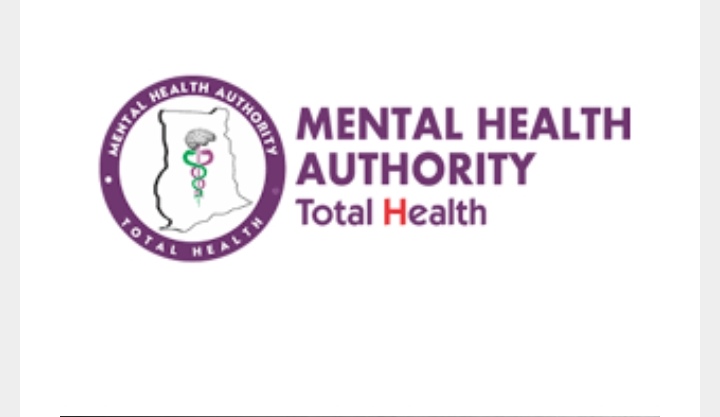The Mental Health Authority of Ghana, has reaffirmed its unwavering commitment to addressing the pervasive challenges and devastating effects of drug abuse and illicit trafficking in the country.
Drug abuse and illicit trafficking pose significant threats to the mental health of individuals and communities. The Mental Health Authority recognizes that these issues are not only detrimental to physical health but also have profound effects on mental well-being. To combat this problem, has outlined a comprehensive plan that includes education, prevention, and rehabilitation programs.
As part of this year’s International Day Against Drug Abuse and Illicit Trafficking under the theme, “The Evidence is Clear: Invest in Prevention, the Mental Health Authority has outlined some of the efforts made by the organization as well as some steps it intends to undertake in the fight against drug abuse and illicit trafficking.
In a press release signed by the Chief Executive of the Mental Health Authority, Prof. Pinaman Appau, on 26th June, 2024, the Mental Health Authority said, “Ghana faces a growing challenge with drug abuse among the youth, which undermines public health, safety, and socio-economic development. Recent trends indicate a consistent rise in drug-related incidents and health crises, underscoring the urgent need for robust preventive efforts and intervention strategies.
“Data from District Health Information Management System (DHIMS) has consistently captured mental disorders due to alcohol and other psychoactive disorders among the top ten (10) causes of mental health outpatient (OPD) attendance. In 2023, a total of 3,765 cases of mental disorder due to alcohol use were attended to, and 5,554 cases with respect to other psychoactive substance use.
“The 5-year trend of mental disorders due to psychoactive substance use has shown a steady rise in the number of cases from 4,155 in 209 to 5,554 cases in 2023,, with the age range most affected being 20-34 yrs. It must be noted that children as young as 10-14 years are also presenting with conditions stemming from drug use.”
The release also made mention of some key causes of drug abuse, and indicators of drug abuse.
“The key causes of drug abuse include socio-economic stressors, response to trauma, peer influence, and mental health disorders such as depression and anxiety. Indicators of drug abuse include; increases rate of intoxication or hangovers, changes in one’s behavior, personality, or social conduct, neglect of responsibilities while prioritizing the drug of choice, involvement in criminal activities like theft or fraud in order to fund the addiction, secretive behavior, frequent lying, and friction in relationships.
“Effective prevention and intervention strategies are critical to mitigating these underlying factors and curbing the spread of addiction and substance use disorders.
Through public awareness campaigns and educational initiatives, the Mental Health Authority aims to inform citizens about the dangers of drug abuse and the consequences of illicit trafficking. These campaigns will focus on promoting healthy lifestyles and providing resources for those seeking help.
Some of the efforts by the Mental Health Authority in the fight against drug abuse and illicit tracking per the release are, Public Awareness Campaigns, Youth and School-Based Programmes, Rehabilitation and Support Services, and Police Advocacy.
The Mental Health Authority, therefore calls on all stakeholders to join in the fight against drug abuse and illicit trafficking.
“On this International Day Against Drug Abuse and Illicit Trafficking, the Mental Health Authority of Ghana calls on all stakeholders – government agencies, non-governmental organizations, educational institutions, media, and the general public to join in this critical effort to combat drug abuse by investing in prevention.
“By joining forces to implement a people-centered approach to drug policies, with a focus on human rights, empathy, compassion, evidence-based practices, and devoid of judgment and discrimination, we can protect the health and well-being of our citizens and build a healthier, drug-free future for all Ghanaians. The evidence is clear: investing in prevention not only reduces the incidence of drug abuse but also strengthens community well-being and safeguards our collective future.
Source: Elvisanokyenews.com






